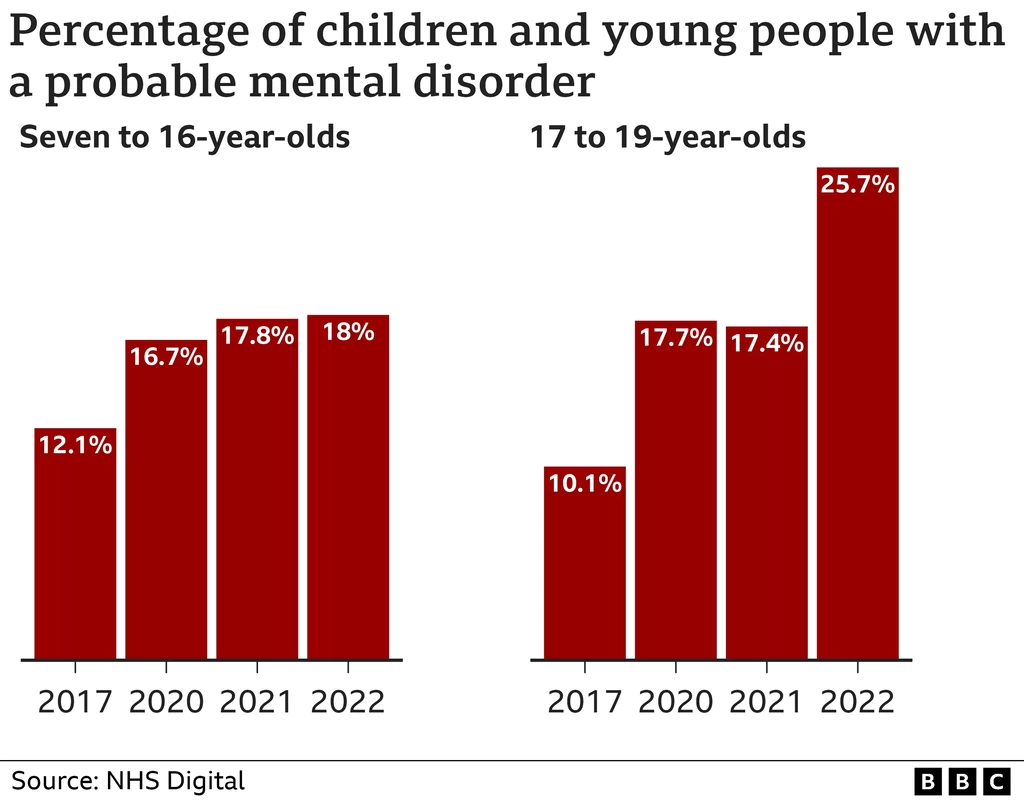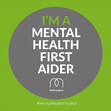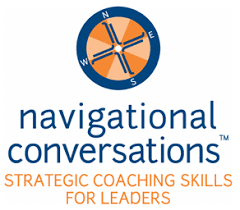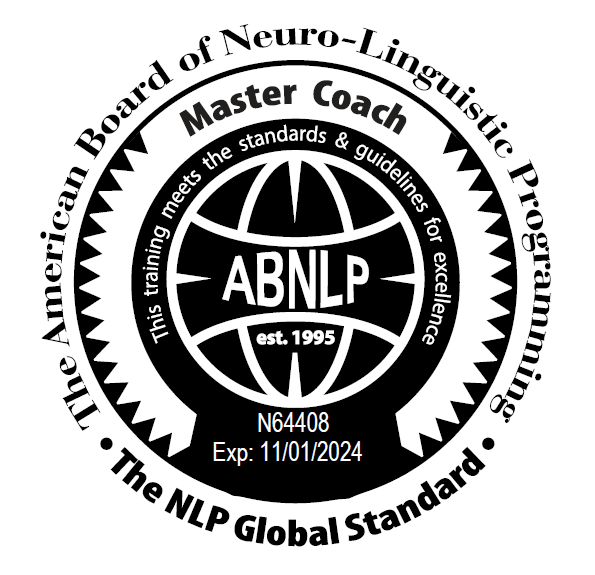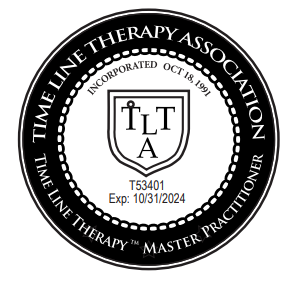Ascend Performance Coaching in collaboration with Mindscreen®
Unlock potential, identify strengths, open minds
More than at any time in the past our teenagers (and many younger children) are struggling with their mental wellbeing and the demands placed on them through school, society, social media and peers. This is leading to increased levels of stress, anxiety, depression, frustration, anger, low self-esteem, low self-confidence and low self-worth. This impacts their learning, their view of the future, their relationships with their teachers, their parents, their siblings and their ability to enjoy life. By helping our teenagers become more self-aware we can help them build their self-esteem, self-confidence and self-worth. This in turn leads to happier, healthier young people who can perform at their best and look forward to their futures.
The Mindscreen Experience ® assessment is a bit like an x-ray or blood test, it makes the invisible, visible allowing children to become aware of things about themselves that they are not able to articulate. There are no right or wrong answers as we are all unique human beings. By using the profile that is generated when the assessment is complete and the programme of lesson plans, learner diaries, handy guides and supporting materials for teachers, support staff, parents and carers, we can help each child understand who they are, how others see them, identify their strengths, their skills and what subject and careers may suit them, based on their personality and likes. Then they can start planning for their future by starting to think about their goals and how to achieve them. For more information about what's included download either the schools or parent additional details document using the relevant button below.
This programme helps children improve their Emotional Intelligence, understand their behaviours, their motivators, their skills and their strengths - ultimately this leads to better decision making, increased resilience and better performance.
The experience is accessible to anyone with a reading age of 11+ but with support can be accessed by those below that threshold too.
The Mindscreen Experience ® assessment is a bit like an x-ray or blood test, it makes the invisible, visible allowing children to become aware of things about themselves that they are not able to articulate. There are no right or wrong answers as we are all unique human beings. By using the profile that is generated when the assessment is complete and the programme of lesson plans, learner diaries, handy guides and supporting materials for teachers, support staff, parents and carers, we can help each child understand who they are, how others see them, identify their strengths, their skills and what subject and careers may suit them, based on their personality and likes. Then they can start planning for their future by starting to think about their goals and how to achieve them. For more information about what's included download either the schools or parent additional details document using the relevant button below.
This programme helps children improve their Emotional Intelligence, understand their behaviours, their motivators, their skills and their strengths - ultimately this leads to better decision making, increased resilience and better performance.
The experience is accessible to anyone with a reading age of 11+ but with support can be accessed by those below that threshold too.
|
Schools
The programme is used in many schools for children receiving support for special educational needs and disabilities. In addition the Mindscreen Experience® would benefit any child as building Emotional Intelligence leads to more resilient, happier children. "While any child can suffer from low self-esteem, students with learning disabilities are particularly at risk, especially if their condition is undiagnosed. This is because most school-based learning programs are developed with a neuro-typical child in mind. The mismatch between learning style and task can cause students to doubt themselves and believe poor performance means they are not “smart” and are somehow less skilled than their classmates. The stress and frustration a child experiences at school is often accompanied by feelings of shame, which are associated with underperforming. There is also the social stigma of being “different." Read and Spell Blog - Leaning difficulties and self-esteem. For more details or to book a call , click on the links below.
Why not also take our quiz about how happy you are with the mental health of the children in your school.. You will receive a report with suggestions, it can also be shared with parents, carers and students. Free resources available for students available via a link in the report.
|
Self-awareness = Accurate Assessment & Realistic Personal Appraisal
Source - Mental Health of Children and Young People in England 2021 - wave 3 follow up to the 2017 survey
Publication Date: 29.11.22 |
One to One
Mindscreen® can also be used either by you to support your child or through 1:1 coaching with Vicky. If your child is struggling with low self-esteem, low self-confidence and/or low self-worth then this programme is for them, it is also very effective for children with special educational needs. If your child is struggling to work out what they want to do with their future, this programme will also help. The Mindscreen Experience® would in fact benefit any child as building Emotional Intelligence leads to more resilient, happier children. For more details or to book a call , click on the links below.
Why not also take our quiz about how happy you are with the mental health or your child. You will receive a report with helpful suggestions, your child can also complete it and get their own report. complete with a link for some free resources to help them dip their toe in to personal development, find out what coaching is like and start improving their mindset. It may also help them come round to the idea of engaging with the programme if they are reluctant.
|
|
Self-Awareness
Internal self-awareness, is about how clearly we understand our own values, know what we really enjoy, what we are passionate about and what we aspire to. It also includes how we see our place in the world around us and how we feel about that place. Lastly, it is about being conscious of our reactions and responses (including thoughts, feelings, behaviours, strengths, and weaknesses), and the impact all this has on ourselves and the people around us. External self-awareness, is about understanding how other people view us, in relation to the list above. |
Rates of probable mental disorders have increased since 2017; in 6 to 16 year olds from one one in nine (11.6%) to one in six (17.4%), and in 17 to 19 year olds from one in ten (10.1%) to one in six (17.4%). Rates in both age groups remained similar between 2020 and 2021. Source - Mental Health of Children and Young People in England 2021 - wave 2 follow up to the 2017 survey Publication Date: 30 Sep 2021 |
|
39.2% of 6 to 16 year olds had experienced deterioration in mental health since 2017, and 21.8% experienced improvement. Among 17 to 23 year olds, 52.5% experienced deterioration, and 15.2% experienced improvement. Source - Mental Health of Children and Young People in England 2021 - wave 2 follow up to the 2017 survey Publication Date: 30 Sep 2021 |
Self-Confidence Self-confidence is all about trust. Trust in our abilities, our qualities, and our judgement. The more self-confident we are. the more willing we are to take on challenges, experience failure, learn from our mistakes and do things better or differently next time. We are also more able to take responsibility for our actions. can experience failure and vow to try harder in future endeavours. Enjoyment theory shows that more successful we are, the better we feel and the more confident we become. |
|
Self-Esteem
Self-esteem is all about value. It is how we think and feel about ourselves, it's about how we judge ourselves and it is heavily influenced by what is going on around us, what people say to us and how we compare ourselves to others. For example when people around us are doing well ,but we feel we are not, we tend to develop negative self-talk see ourselves as 'stupid', 'less capable' or 'a failure'. If we struggle with low self-esteem we become very negative about ourselves and if this persists it can lead to mental health issues and behaviour problems. |
Problems with sleep on three or more nights of the previous seven affected over a quarter (28.7%) of 6 to 10 year olds, over a third (38.4%) of 11 to 16 year olds, and over half (57.1%) of 17 to 23 year olds. Across all age groups figures were much higher in those with a probable mental disorder (59.5%, 74.2%, 86.7% respectively). Source - Mental Health of Children and Young People in England 2021 - wave 2 follow up to the 2017 survey Publication Date: 30 Sep 2021 |
|
10.6% of 6 to 16 year olds missed more than 15 days of school during the 2020 Autumn term. Children with a probable mental disorder were twice as likely to have missed this much school (18.2%) as those unlikely to have a mental disorder (8.8%). Source - Mental Health of Children and Young People in England 2021 - wave 2 follow up to the 2017 survey Publication Date: 30 Sep 2021 |
Self-Worth
Self-worth is subtly different to self- esteem. Self esteem based on that we think, feel and believe about ourselves, where self-worth is about whether we see ourselves as valuable human being worthy of love, happiness and respect no matter what is happening in our lives. Self-worth is about what we feel we deserve from other people ie. do we deserve to be loved? It's about acceptance of yourselves, it's about liking and respecting ourselves. It's about believing that we have the potential to learn new things, grow as a person, make changes and improve ourselves. It's bout recognising that no one is perfect and we all make mistakes and that is FINE. it doesn't make you less of a person. |



